Banned cyclist Hastings cites borrowed used syringe as reason for failed steroids test
Andrew Hastings claims his failed drugs test resulted from borrowing a used syringe from a gym member and injecting himself with Vitamin B12
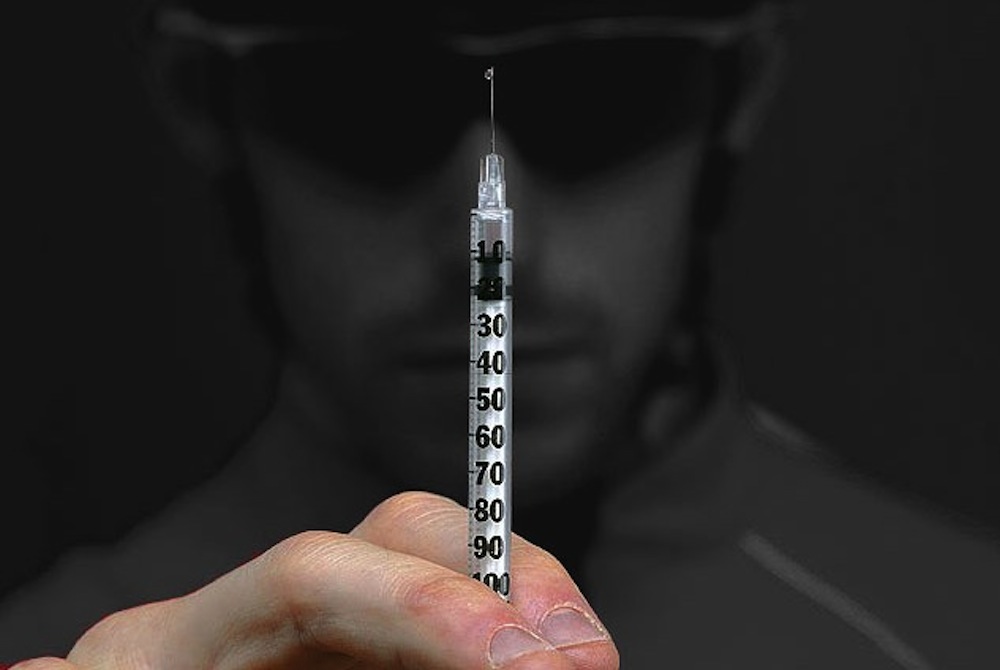
British Masters champion Andrew Hastings, banned on Thursday for taking anabolic steroids, claimed in his deposition to UK Anti-Doping that a borrowed, used syringe was to blame for his positive test.
Hastings, who rode for Richardson's-Trek, was tested on May 30 and returned an adverse analytical finding for Metenolone and Stanozolol, the day before he won the British Masters (35-39) title.
In a decision document released by UKAD on Thursday, Hastings' testimony revealed that he had borrowed a used syringe from a stranger at a gym in order to inject Vitamin B12 after feeling fatigued.
Hastings testified that he had returned from a training camp on February 15 feeling "very tired and run down" and on February 17, after a training session at "Monster Gym" he decided to administer a Vitamin B12 injection.
>>> Pro cyclists’ best/worst excuses for failing a dope test
Having bought the vitamins from an online pharmacy, Hastings had an ampoule of B12 with him at the gym. The document says Hastings also purchased syringes, needles and Alcotip pre-injection swabs off auction website eBay, but had "none left" on February 17.
Hastings reportedly told gym owner, and friend, Steve Collins and other members that he wanted to take a Vitamin B12 injection, but had no syringes. One of the persons present, says the document, checked his bag and found a used syringe.
Get The Leadout Newsletter
The latest race content, interviews, features, reviews and expert buying guides, direct to your inbox!
Hastings then visually examined the syringe and could see that it had been used, but could not see any trace of blood, so concluded it had not been used intravenously.
Despite never having met the person who provided the needle, Hastings reportedly decided that he "could trust" them, based on their relationship with Mr Collins.
>>> Doping concerns rise within amateur cycling ranks
Hastings claims that it didn't occur to him that the syringe might be contaminated with prohibited substances, even though steroids are often not administered intravenously.
He asked that the anti-doping tribunal to accept "that whilst he accepts that he was at fault in using the contaminated syringe, there was no intent on his part to take performance enhancing substances."
UKAD's expert witnesses, however, pointed out that the presence of anabolic steroids in Hastings's positive sample, taken on May 30, suggests he would have had to have administered the drug more recently than the February 17 date that Hastings claimed.
Professor David Cowan told the investigation that a small amount of stanozolol may still have been present in Hastings's body more than 100 days after it was injected, but was of the opinion that it would be highly unlikely.
UKAD’s director of operations, Pat Myhill, said of the decision to ban Hastings for four years: “The message from UKAD is clear – the use of any prohibited substances in sport will not be tolerated.
"The Hastings case is the perfect example of how an individual makes choices which not only cheat himself but cheat his team mates and his opposition. That choice has resulted in a four-year ban from all sport.
“More importantly however, Hastings’ actions put him at risk of seriously damaging his health. Steroids, and steroid use, continue to be a concern for UKAD and we are seeing an increase in the number of men turning to them for performance enhancing effects but also for cosmetic reasons.
“Often these steroids are bought with no consideration for where the products come from or how they are made.
“UKAD relies on information from a wide range of sources, not only to catch those who choose consciously to go against the spirit of sport, but to also unearth the root cause of the problem – those who supply these substances.
“I would encourage anyone who has information about doping, or the supply of prohibited substances, to come forward and talk to us in confidence.”

Thank you for reading 20 articles this month* Join now for unlimited access
Enjoy your first month for just £1 / $1 / €1
*Read 5 free articles per month without a subscription

Join now for unlimited access
Try first month for just £1 / $1 / €1
Stuart Clarke is a News Associates trained journalist who has worked for the likes of the British Olympic Associate, British Rowing and the England and Wales Cricket Board, and of course Cycling Weekly. His work at Cycling Weekly has focused upon professional racing, following the World Tour races and its characters.
-
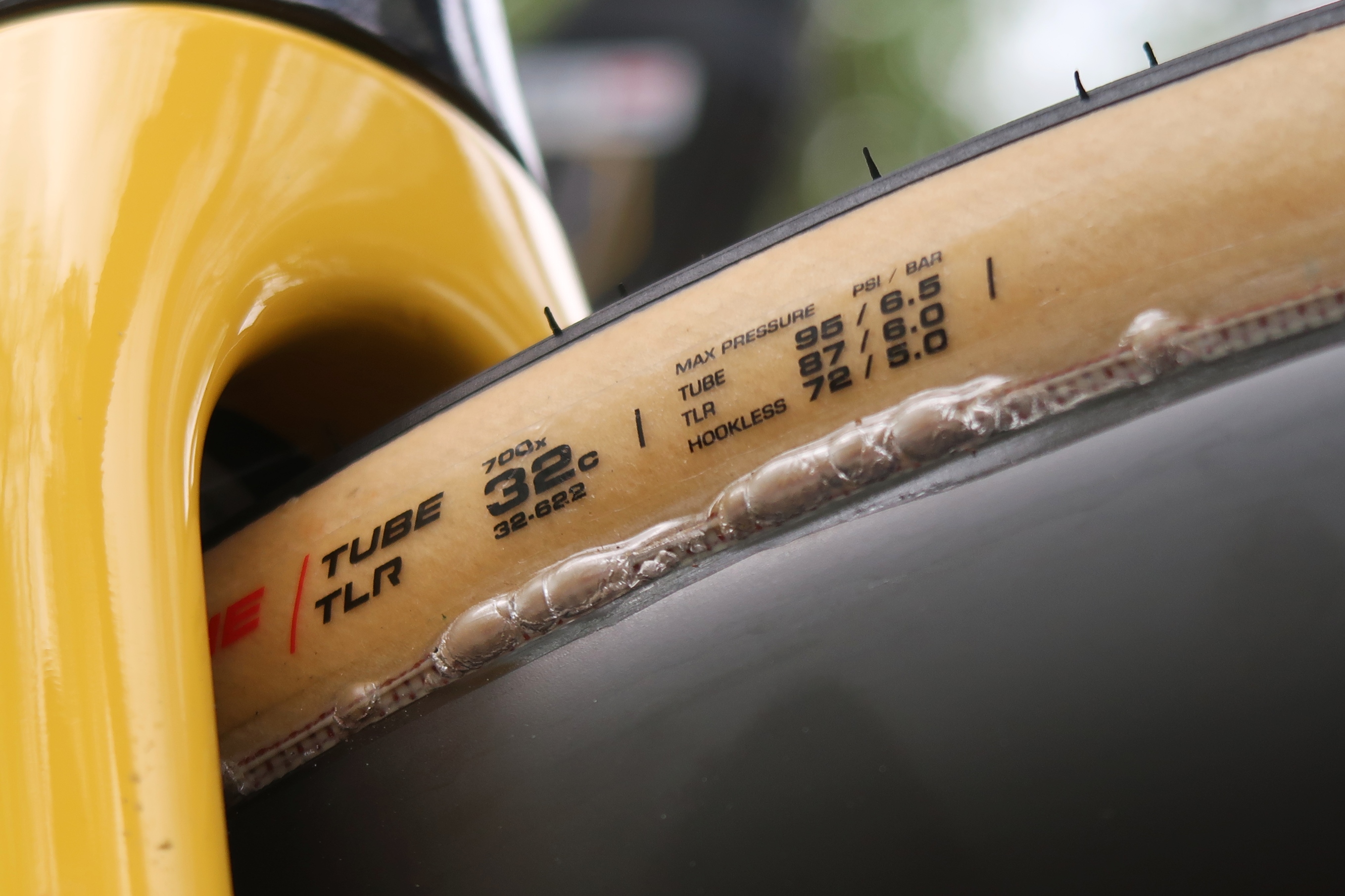 Why Paris-Roubaix 2025 is proof that road bike tyres still have a long way to go
Why Paris-Roubaix 2025 is proof that road bike tyres still have a long way to goParis-Roubaix bike tech could have wide implications for the many - here's why
By Joe Baker Published
-
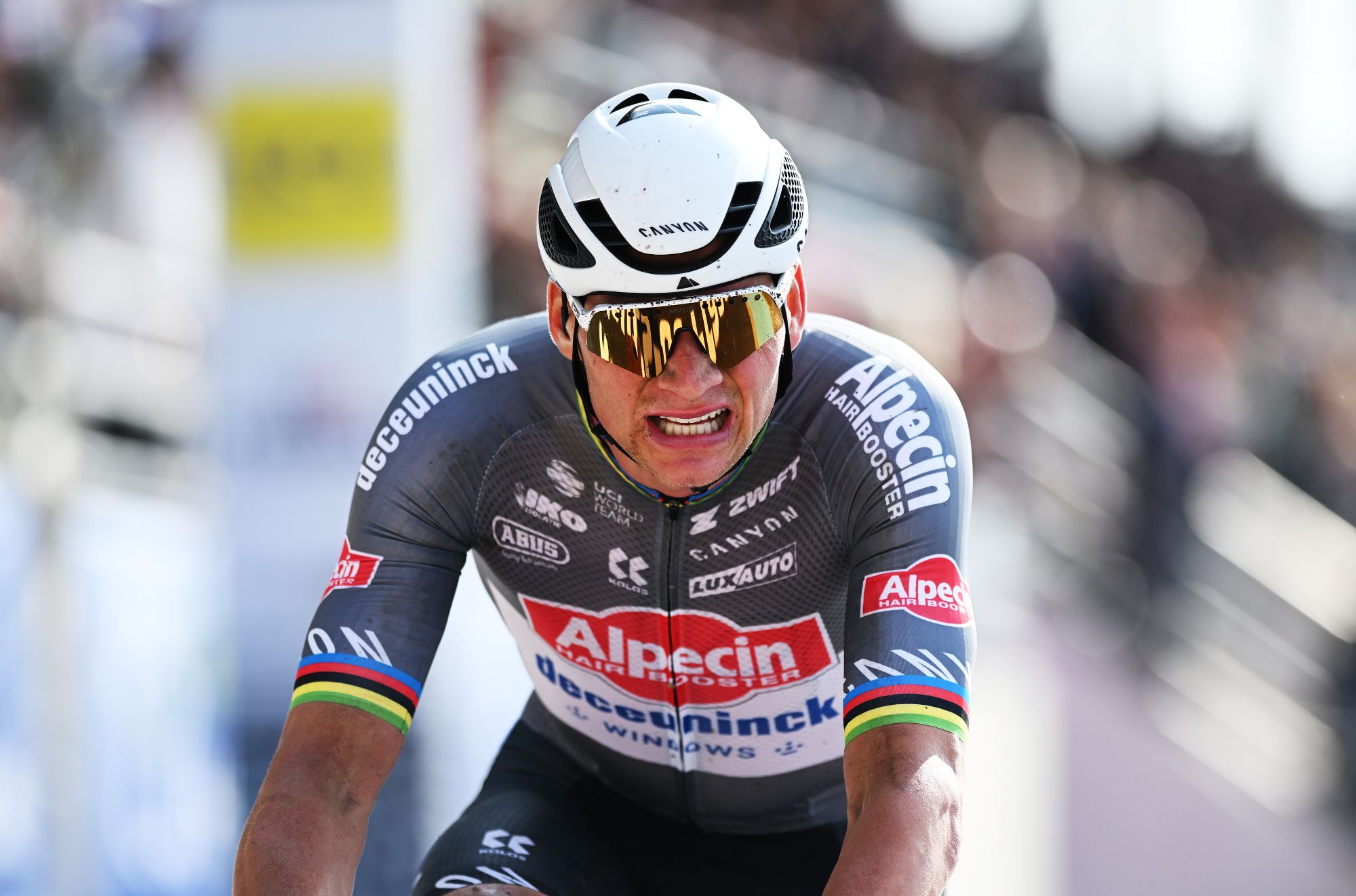 Man hands himself in to Belgian police after throwing full water bottle at Mathieu van der Poel during Paris-Roubaix
Man hands himself in to Belgian police after throwing full water bottle at Mathieu van der Poel during Paris-Roubaix30-year-old was on Templeuve-en-Pévèle cobbled sector when television pictures showed the bottle hitting him in the face
By Tom Thewlis Published
-
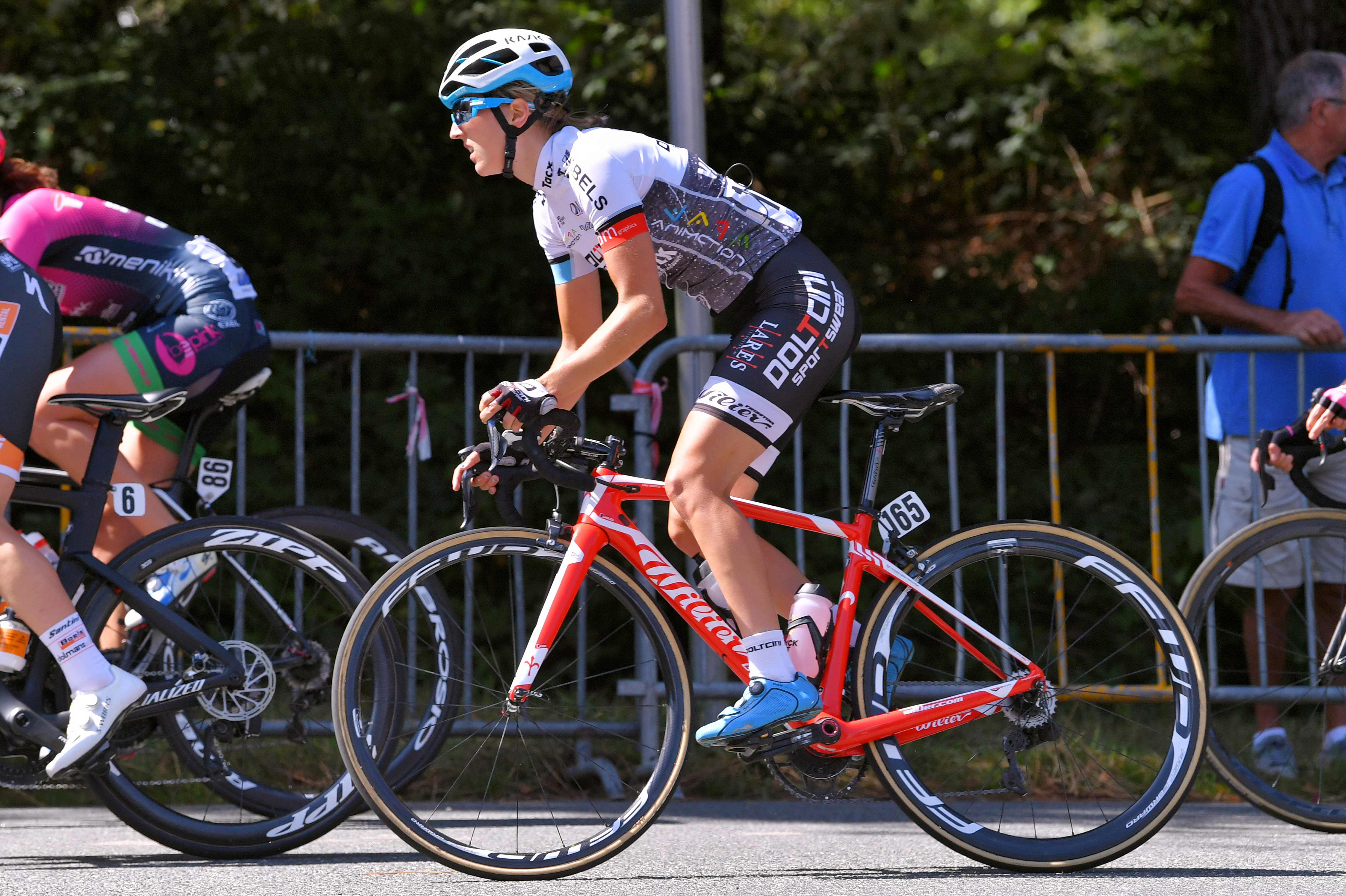 French cyclist given 10-month suspended prison sentence for doping
French cyclist given 10-month suspended prison sentence for dopingMarion Sicot said doping formed "an integral part" of cycling
By Tom Davidson Published
-
 French cyclist faces suspended prison sentence and €5,000 fine in doping trial
French cyclist faces suspended prison sentence and €5,000 fine in doping trialMarion Sicot, who admitted to taking EPO in 2019, is currently on trial in France
By Tom Davidson Published
-
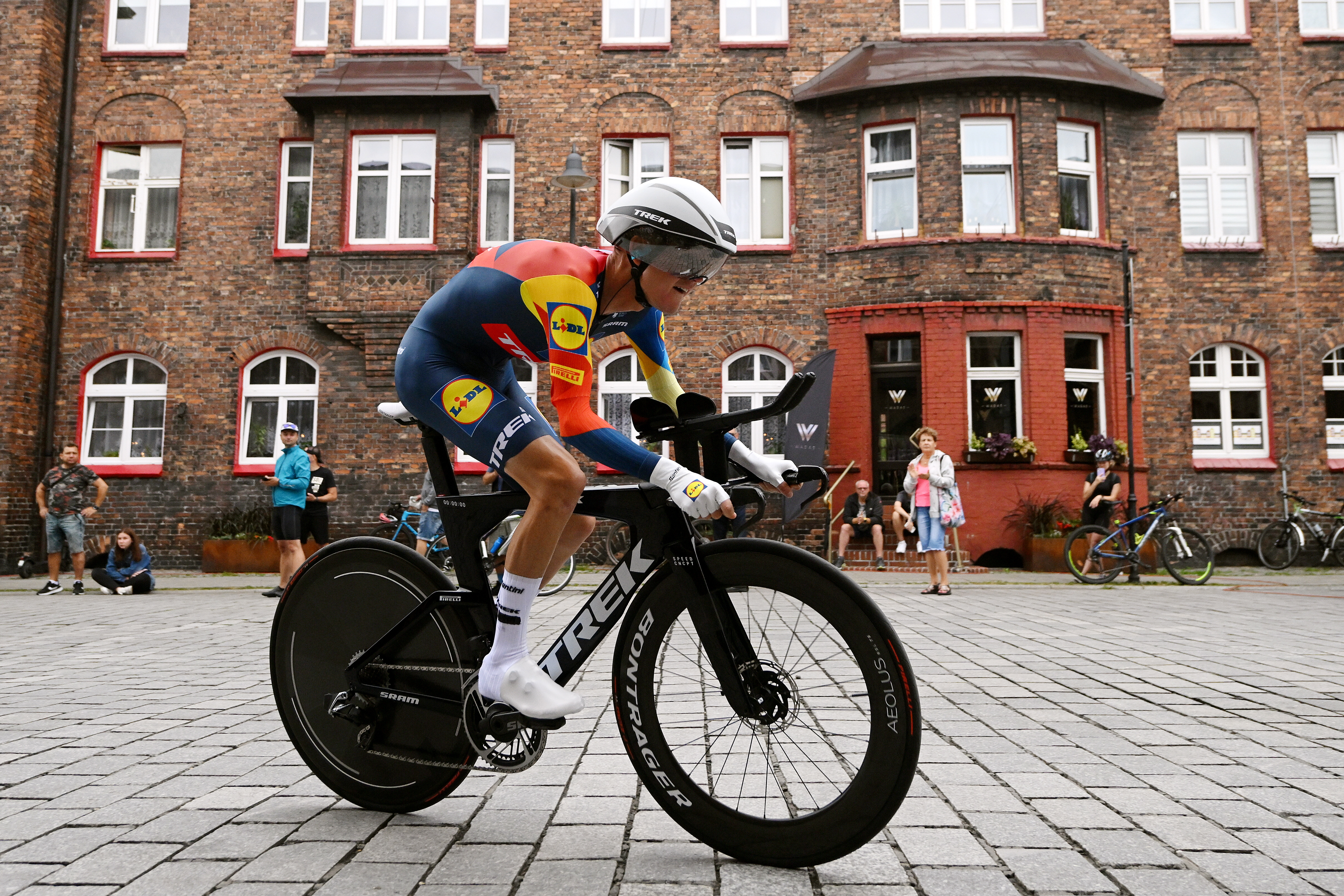 Steroids found in pro cyclist’s anti-doping test sample
Steroids found in pro cyclist’s anti-doping test sampleAntwan Tolhoek has been provisionally suspended by the UCI while proceedings are ongoing
By Tom Davidson Last updated
-
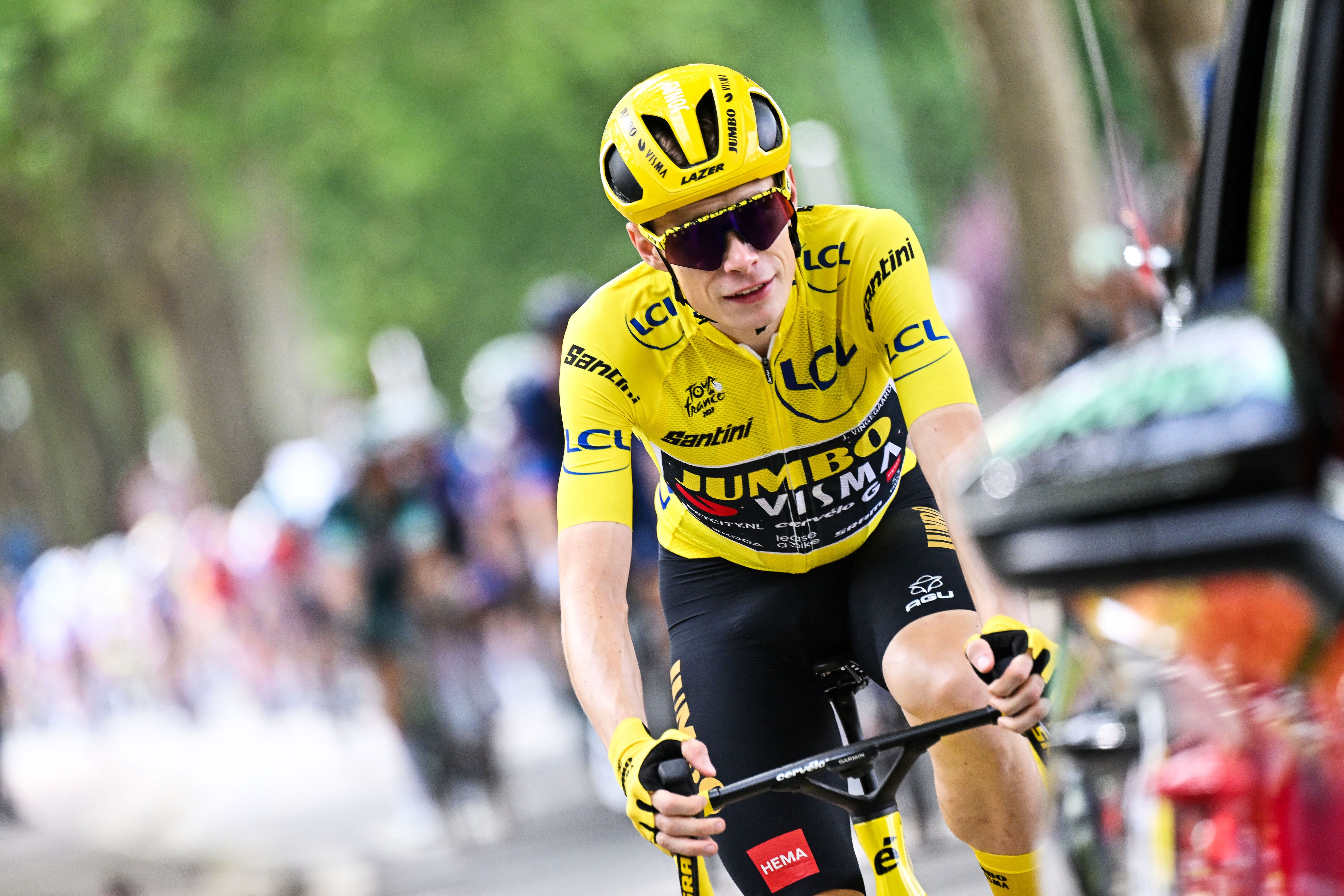 Jonas Vingegaard reveals he missed an anti-doping test
Jonas Vingegaard reveals he missed an anti-doping test'It's not great to have a missed test hanging over you,' says Tour de France champion
By Tom Davidson Published
-
 Jumbo-Visma rider Michel Hessmann suspended after positive anti-doping test
Jumbo-Visma rider Michel Hessmann suspended after positive anti-doping testThe 22-year-old's out-of-competition sample detected the presence of diuretics
By Tom Davidson Published
-
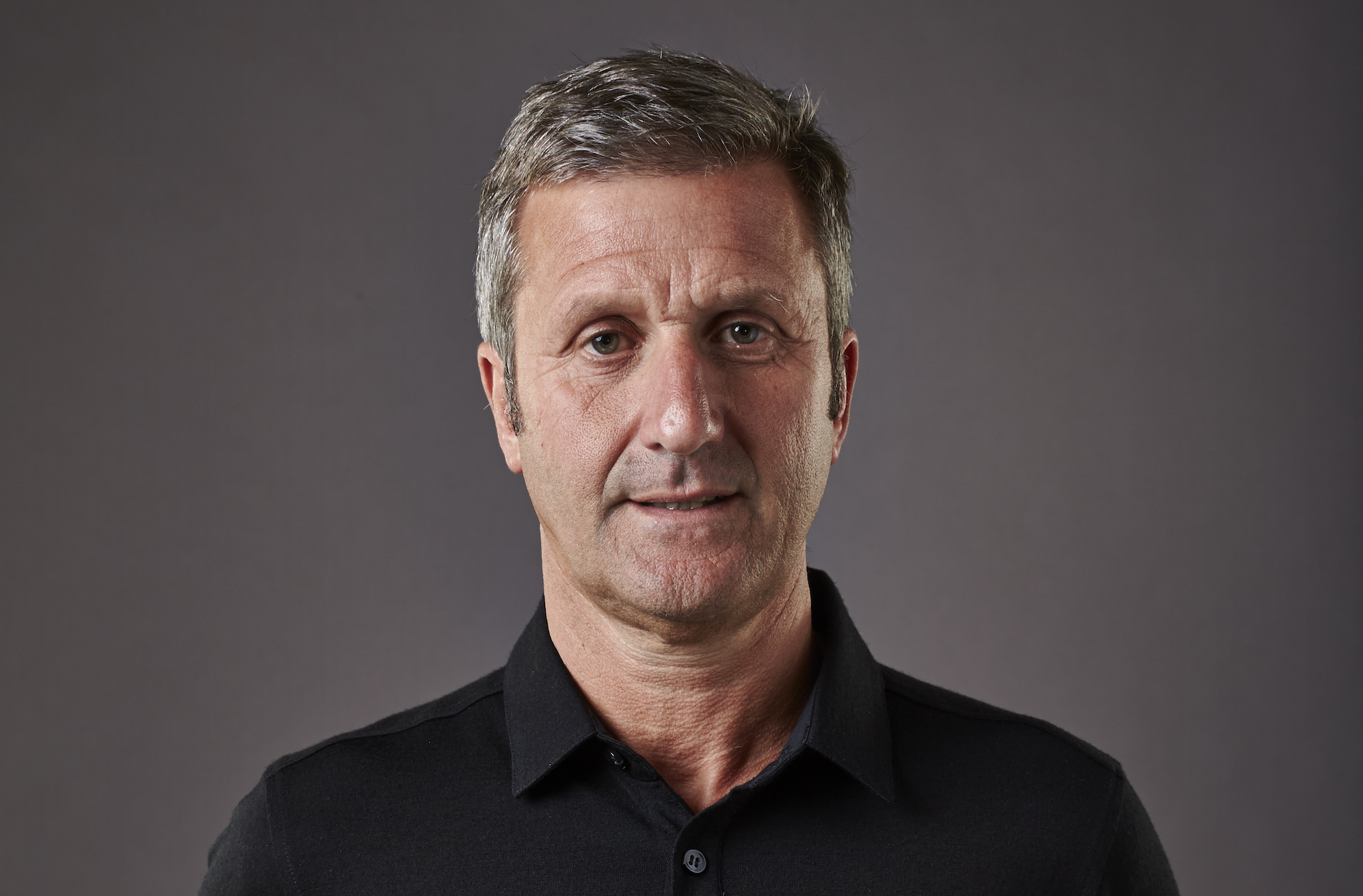 Former British Cycling doctor Richard Freeman given four-year doping ban
Former British Cycling doctor Richard Freeman given four-year doping banFreeman chose not to defend himself before the anti-doping panel
By Tom Davidson Published
-
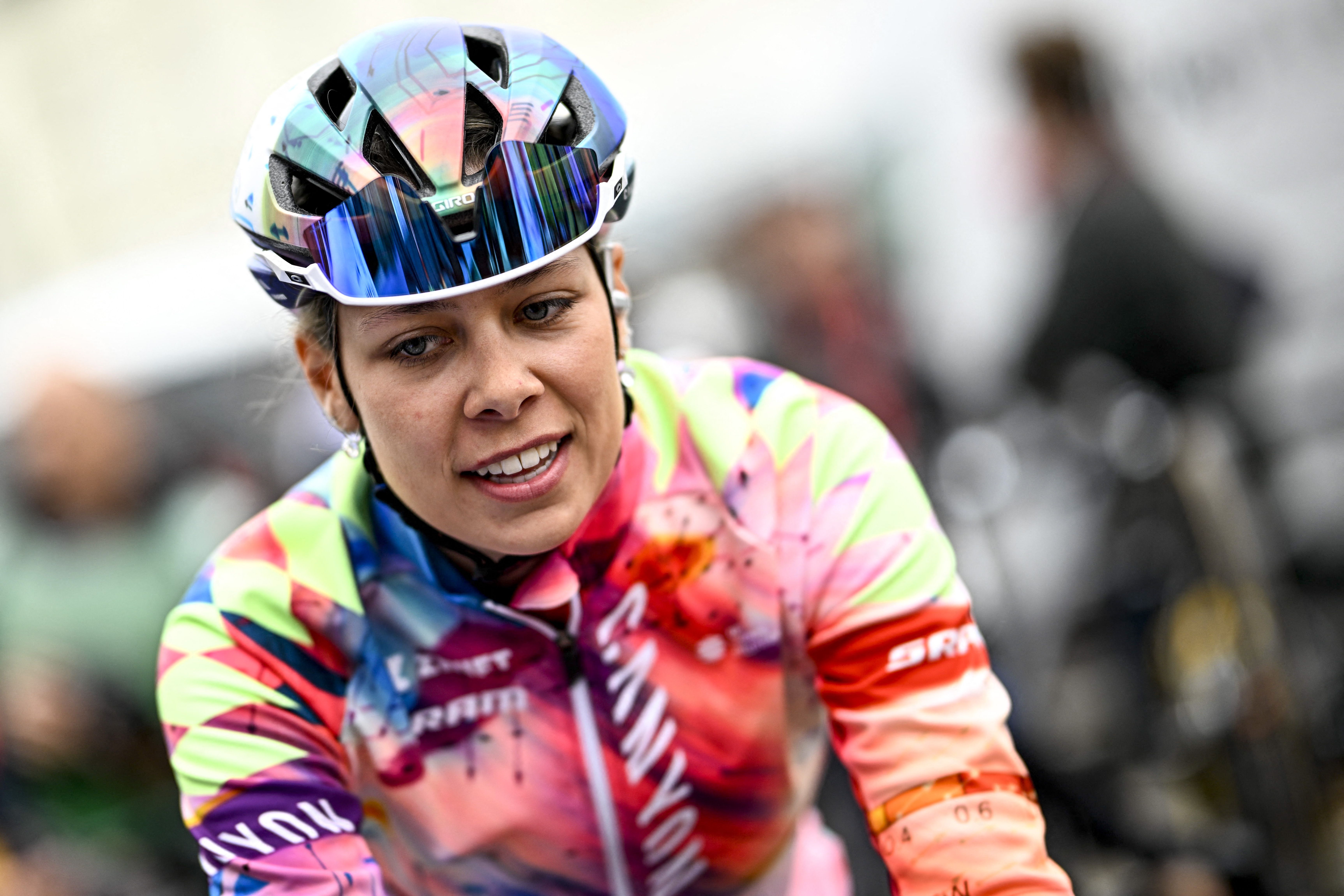 'We are not cheaters' says Belgian rider Shari Bossuyt after anti-doping positive
'We are not cheaters' says Belgian rider Shari Bossuyt after anti-doping positiveThe Canyon-SRAM rider tested positive for Letrozole in an anti-doping control in March
By Tom Davidson Published
-
 "Failing that drug test was the best thing that had ever happened to me"
"Failing that drug test was the best thing that had ever happened to me"Abuse victim and disgraced cycling champion Geneviève Jeanson finds solace in return to bike racing
By Anne-Marije Rook Published